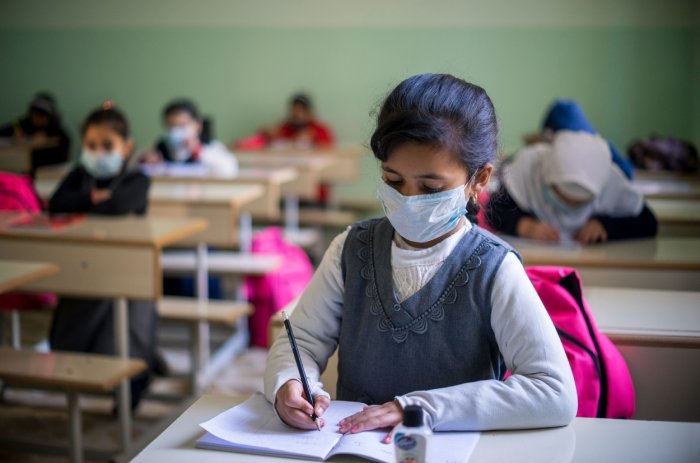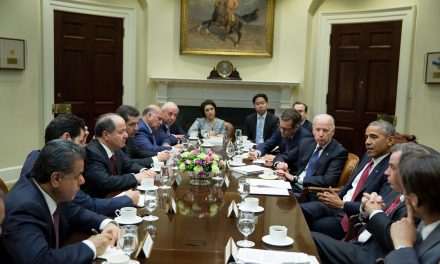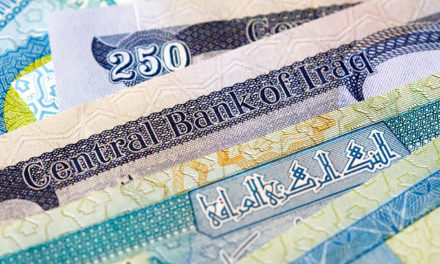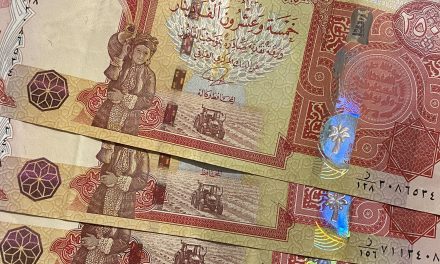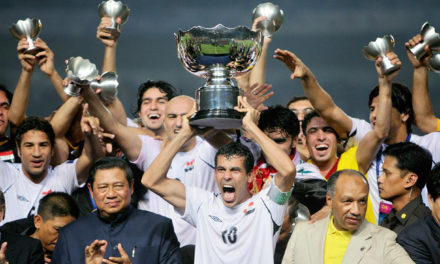(Photo: Moyasser Nasser/UNDP Iraq)
The educational system of a nation is part of its socio-political system and Iraq is no exception. Indeed, oppressive political regimes engender oppressed people, normalizing the unilateral narrative of the dominant class. This authoritarian state-society relation penetrates social structure, and regenerates itself in rigid, and predominant paternalistic culture. Paternalism that denies dialogical activities is in fact an internalization of the oppressive regime. Education becomes an instrument of oppression that is inseparable from the socio-political context.
Education in Iraq operates under multilayered oppressive political, societal, familial, and gender regimes. Since the establishment of the Iraqi state (1921), the Iraqi educational system struggled under several political and military upheavals, experiencing the governance of colonialism, military rule, authoritarianism, and dictatorship and most recently neo-colonialism. Despite the fact that the oil boom in Iraq facilitated national development programs in health, education and women’s rights, Iraq, and for decades, lacked freedom of intellectuality and of expression. In our view, the pursuit to establish a democratic state in Iraq post 2003 also failed, the political class that has been regenerating itself since the first parliamentary elections in 2005 invests resources to maintain perpetuation. This has been evident through their oppressive response to various Iraqi protest movements, including the ongoing protests in Sulaymaniyah.
The culture of Iraq’s educational system shares some commonalities with that of Middle Eastern and Arabic-speaking countries (and even those in the global South). Ahmed Shawqi’s poem “Stand for the Teacher” is oft-quoted in this context: “Stand for the teacher, give him full respect. The teacher’s rank is close to the prophet.” The educational system is an embodiment of the traditional and religious teachings that place teachers as knowledge bearers and/or producers who should be highly respected and trusted. Knowledge and learning are highly regarded in Iraqi culture. Yet, classroom norms are also heavily influenced by other cultural themes such as paternalism. This form of obedience is practiced as an extension to the Iraqi paternal society that justifies parental – and predominantly paternal – authority over children and family, which is also reinforced by religion.
Hence, the authority of the teacher inside the classroom is upheld by social and educational norms. Schooling in Iraq is a product of that legacy of paternalism that operates under this wide matrix of oppression. According to the Brazilian educator and philosopher Paulo Freire (1921-1979), the leading advocate of critical thinking and student-centered pedagogy inside the classroom, oppressive teachers cannot produce free thinkers. The reason behind this, as Freire emphasizes, is that “the oppressed, having internalized the image of the oppressor and adopted his guidelines, are fearful of freedom.”
The Iraqi teacher satellites the same oppressive paradigm in the real world and regenerates it inside the classroom. For decades (and maybe even for thousands of years if we are to consider the early schooling system dictated by the Sumerians) the classroom is run by a teacher-based pedagogy. The students are repositories of information delivered by the teacher though “a banking” model where students play a passive role that is limited to receiving as much information and knowledge as they can to retrieve it in the test. They need to listen, memorize, and then repeat which reflects the patrimonial and political hierarchy of authority practiced outside the classroom. Although we’ve written this context and history to situate our discussion, it is important to acknowledge that Iraq itself is no monolith. The country is home to rich linguistic, cultural, and socioeconomic diversity which is reflected in the educational system.
Iraq’s education system, particularly its use of national, standardized examinations, is heavily influenced by Western systems. The education system was “re-made” by the Iraqi Ministry of Education with American government consultation following 2003, with new textbooks and curriculums. Yet, the crisis of critical thinking is not exclusive to Iraq. Critical thinking is an ongoing concern of many governments around the world, including the United States. Standardized examinations dominate curriculums and classrooms at all grade levels in many parts of the world. Students (and their parents) respond to the messages they receive from their schools accordingly. Students might ask for the answers to a test or assignment because they are rational and strategic; they want to pass and continue their schooling. Critical thinking skills stem from their teacher’s pedagogical delivery of curricular content. In order to support this skill development, the Iraqi government must prepare and engage in an iterative and dynamic curricular transformation process alongside continuous pedagogical training. These training programs should be housed in the Teachers’ Institutes and Schools of Education.
It would also be prudent to consider what critical thinking looks like in the Iraqi context, and whether the schooling system is presently set up to support it. For instance, Iraqi academics have been deprived of their intellectual freedoms since Ba’athist Iraq so there is little research coming out of Iraq; on the occasions it is studied, much of the research agenda is determined by Western funding and is under the Western gaze. Even at the university level, critical thinking in public forums is often unwelcome and potentially dangerous. Taking the example of the October protest movement which called for anti-corruption measures and the delivery of basic services, Iraqi youth are clearly capable of thinking critically and exercising their voice. However, the government’s response to these protests has been brutal. Over 600 Iraqis were killed and 20,000 injured during the past 2 years in the Tishreen (October) Uprising. These repressions continue even today, as 300 students in Sulaymaniyah protesting for basic services were arrested and faced live ammunition. To this end, the development of critical thinking skills must come with the increased protection of freedom of expression, protest, and speech.
In this context, the use of critical thinking in public forums has the potential to be dangerous for individuals. Therefore, we must consider how we might support the conditions for critical thinking to occur in the classroom in a safe manner. This in part requires addressing power systems which sit at the heart of the education system. These conditions might be supported on a micro- or macro- scale. For example, we might take the classroom as the micro-scale. Teachers may integrate Freirean pedagogical interventions aimed at building trust among their students and tackling power distance dynamics. At the macro-scale, this will involve reckoning with the legacies of imperialism, Saddam Hussein’s dictatorship, American occupation, and present governmental dysfunction.
As Iraqis strive to advance their ambitions of prosperity and peace, they must question everything. There’s no doubt that critical thinking skills are crucial for advancing knowledge-based societies and economies. But for these systems to evolve, there must be a holistic national agenda in support.
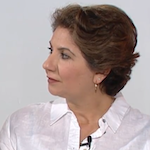
Dr. Hadeel Abdelhameed
Hadeel is a Konrad-Adenauer-Stiftung Research Fellow in Iraqi gender, electoral and political issues, a tutor at The University of Melbourne/School of Political and Social Sciences, and a Research Assistant at Queensland University of Technology for the DECRA project Youth Leadership and the Future of Peace and Security. Her research interests centre around the issues of gender, politics and social movements, as well as cultural productions related to gender politics and war in Iraq. She is an experienced communicator who works across cultural and linguistic differences, and a bilingual researcher in Arabic and in English. She also taught at The Royal Melbourne Institute of Technology/School of Education (2014-2016).

Mariam Hassoun
Mariam has recently completed her MSc in Education (Comparative and International Education) at the University of Oxford. She is interested in how education can be used to reconstruct systems, countries, and persons impacted by conflict and education as a human right in emergencies, in the Middle East generally but specifically in Iraq. Her dissertation project is titled: Displaced Iraqis’ Navigational Access to Education.

